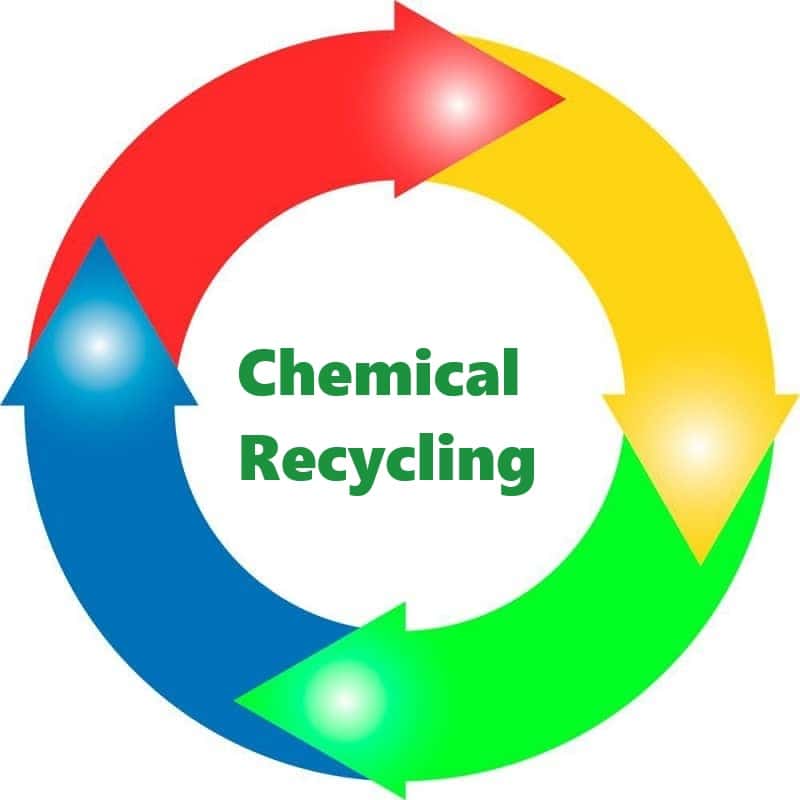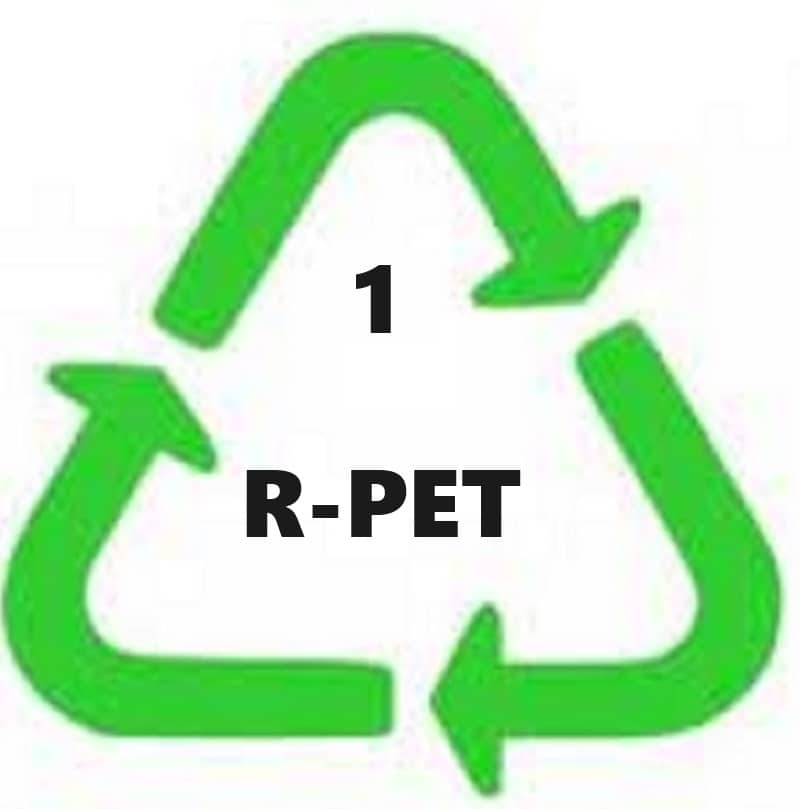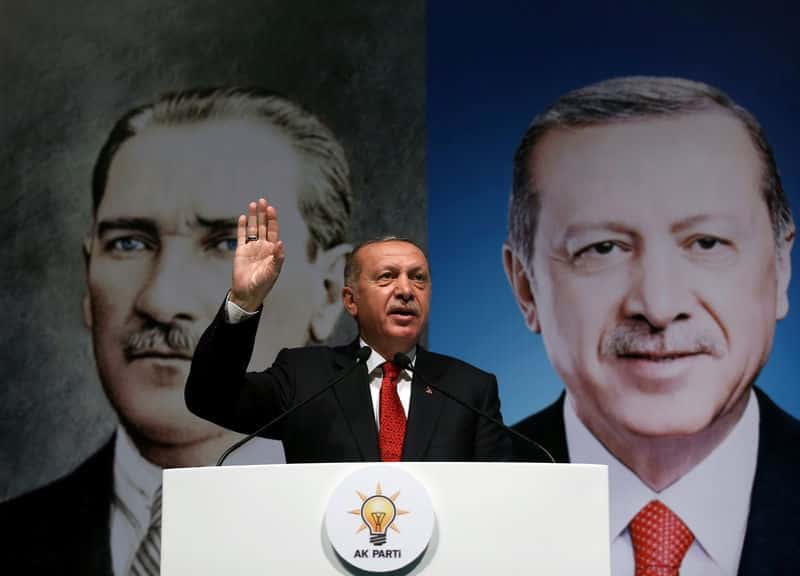Recycled PET – Reheating leftovers in a microwave using plastic containers may endanger your health 18-06-2024
Recycled PET
Crude Oil Prices Trend

Crude Oil Prices Trend by Polyestertime
Heinlein Plastik-Technik joins Alpla Group
The ALPLA Group is enhancing its pharma division, ALPLApharma, by acquiring Heinlein Plastik-Technik GmbH. Heinlein, a renowned German packaging specialist, excels in developing and manufacturing closure systems, dosing systems, and application aids for the pharma and medical industries. The company employs around 175 people at its Ansbach, Bavaria site. Recycled PET
Heinlein’s extensive expertise will enable us to expand our product portfolio with high-quality primary packaging solutions for the pharma industry, benefiting our mutual customers who will now have access to comprehensive system solutions from one source.”
Walter Knes, Managing Director of ALPLApharma, added, “With Heinlein Plastik-Technik, we significantly boost our injection moulding capacities.
We also plan to transform the Ansbach site into a technology center for injection moulding and automation for the entire ALPLApharma group.” Recycled PET
Saskia Wellhöfer-Meyer, owner and CEO of Heinlein Plastik-Technik, views the acquisition as a strategic opportunity for growth. “We are excited to leverage our expertise in precision closure and dosing systems development and production.
Operating as a ‘Member of ALPLApharma,’ we will better meet market demands for high-quality, competitively priced system solutions while maintaining our independence.”

Eastman Combines Molecular Recycling with Clean Energy Innovation
Eastman is set to advance its leadership in the circular economy by constructing a second molecular recycling facility in Longview, Texas, using cutting-edge thermal battery technology. This move is part of a broader strategy supported by a potential $375 million award from the U.S. Department of Energy’s Office of Clean Energy Demonstrations (OCED). Recycled PET
The Longview project will utilize thermal batteries for zero-carbon process heat, integrating them with high-yield molecular recycling technology. Sandeep Bangaru, vice president of Eastman’s circular platform, highlights the dual benefit of tackling both plastic waste and the climate crisis. The Longview facility will process approximately 110,000 metric tons of hard-to-recycle plastic waste annually, contributing to Eastman’s goal of recycling 250 million pounds of plastic by 2025 and doubling this by 2030.
Collaborating with Rondo Energy, Eastman will deploy Rondo Heat Batteries (RHBs) at the Longview site. These batteries, which can store heat at over 1,000°C for up to 24 hours with minimal loss, will enable the facility to recycle polyester waste and produce new materials with up to 90% fewer greenhouse gas emissions. Recycled PET
The Longview project also promises significant community benefits, with Eastman committing $20 million to a comprehensive community plan. The initiative will create 1,000 temporary construction jobs and 200 full-time positions by the project’s completion in 2027.

The Thailand Board of Investment (BOI) has approved investment promotion applications for eight large-scale projects, totaling 56.95 billion baht (USD 1.54 billion)
These projects include a bio-ethylene plant by the local joint venture of Brazil’s Braskem, data centers, power plants, and a significant new hospital. The meeting, chaired by Deputy Prime Minister, Minister of Finance, and BOI Chairman Mr. Pichai Chunhavajira, also introduced new investment promotion categories. Recycled PET
One new category supports service centers for the repair, repack, and reuse of used electric vehicle (EV) batteries and energy storage systems. This initiative aligns with the BOI’s comprehensive EV supply chain policy and incentives. Another category aims to bolster the data hosting business, addressing the increasing demand for such services and complementing existing incentives for digital industry development.

Engineers have developed a groundbreaking method for recycling polystyrene, potentially making it both economically and energy efficient for the first time
This innovative technique, devised by chemical engineers at the University of Bath in the UK and Worcester Polytechnic Institute in Massachusetts, USA, utilizes pyrolysis to break down polystyrene into reusable components.
In a study published in the Chemical Engineering Journal, the researchers describe how pyrolysis—heating polystyrene to high temperatures in an oxygen-free environment—converts it into monomers. These monomers can then be purified and reformed into new polystyrene. Recycled PET
Dr. Bernardo Castro-Dominguez from the University of Bath highlights the urgent need for cost-effective and energy-efficient recycling methods, noting that currently, less than 5% of polystyrene is recycled. Their research suggests that up to 60% of today’s polystyrene could be replaced with chemically recycled styrene.
The process has the potential to significantly reduce emissions, similar to simple energy conservation measures. Recycled PET
The recycling process involves a pyrolysis reactor, heat exchanger, and distillation columns to separate the polystyrene into monomer-grade styrene and petroleum-like by-products. This method yields 60% pure styrene from used polystyrene, reducing fossil fuel usage and carbon emissions at a cost of about $1.5 per ton of CO2.

How about the reverse charge invoice scheme in recycled PET industry?
In Apr 2024, China’s State Taxation Administration issued the “Notice on Matters Related to Reverse Charge Invoice by Resource Recycling Companies to Individuals Selling Scrap Products”, specifying the specific measures and operational methods for resource recycling companies to issue reverse charge invoices to individuals selling scrap products. Starting from Apr 29th, resource recycling companies willing to reverse charge invoice can submit relevant materials to the tax authorities.
Upon meeting the conditions and completing the prescribed procedures, they can promptly and conveniently implement “reverse charge.” Recycled PET
In accordance with the “People’s Republic of China Invoice Management Measures,” it is stipulated that units and individuals engaged in selling goods, providing services, and conducting other business activities, when receiving payments from external business transactions, the recipient should issue an invoice to the payer; in special cases, invoices can be issued by the payers to the recipients. This “invoices issued by the payers to the recipients” is referred to as “reverse charge invoice.”
Currently, resource recycling companies purchase scrap products from general taxpayers and small-scale taxpayers, and they are allowed to obtain invoices issued by the sellers according to regulations. Recycled PET

Reheating leftovers in a microwave using plastic containers may endanger your health
Researchers from the University of Nebraska-Lincoln discovered that microwaving certain plastic containers releases billions of nanoplastic particles.
This poses a risk of ingesting these particles, potentially leading to health concerns.
The study focused on plastic baby food containers made from polypropylene and polyethylene, both FDA-approved materials. When heated in a microwave for three minutes, these containers released over 2 billion nanoplastic and 4 million microplastic particles per square centimeter. Recycled PET
Furthermore, the extracted particles proved harmful in lab tests, killing about 75% of human embryonic kidney cells in vitro. This raises significant concerns about the safety of using plastic containers for microwaving food.
The National Institutes of Health have linked exposure to BPA, a chemical in many plastics, to cardiovascular disease, reproductive disorders, and breast cancer. The World Health Organization also advises limiting contact with plastic particles to minimize potential health risks. Recycled PET
These findings underscore the importance of reevaluating the use of plastic containers in microwaves. Opting for glass or ceramic alternatives might be a safer choice to avoid the release of harmful microplastics and nanoplastics into your food.

Turkey’s Bold Move: Aligning with BRICS Amidst Western Tensions
The recent BRICS session in Russia showcased the bloc’s rising influence as a multipolar alternative to Western power structures. Turkey, expressing interest in joining this expanded group, sent its Foreign Minister, Hakan Fidan, to the meeting. This session marked the first gathering of the expanded BRICS, which now includes Iran, Saudi Arabia, and Egypt. Recycled PET
Turkey’s potential move to join BRICS signals its growing frustration with Western allies, especially given its longstanding and stalled EU membership bid. President Erdogan, who attended the 10th BRICS Summit in Johannesburg in 2018, seems more inclined now than ever to explore this new alliance. The diverse BRICS group includes major global players like China, India, Russia, and now key Middle Eastern countries, offering Turkey a strategic pivot away from the West.
If Turkey joins, it would become the first NATO country in BRICS, challenging the post-World War II Western-dominated power structures. This shift highlights Turkey’s disillusionment with what it perceives as a racist and Islamophobic attitude from Europe, compounded by decades of stalled EU membership talks. Despite being recognized as an EU candidate in 1999, Turkey’s progress has been hindered by concerns over human rights and the rule of law. Recycled PET
Turkey’s move towards BRICS, home to the world’s second and third-largest economies, offers a significant economic and strategic alternative. Over 40 countries, including Thailand, are also interested in joining BRICS, underscoring its growing appeal.
For the United States and its allies, Turkey’s pivot to BRICS raises critical questions. How will this affect NATO? Can BRICS truly challenge Western dominance? As BRICS continues to attract new members, the global power landscape is poised for significant changes.
BRICS, initially coined in 2001 by a Goldman Sachs report, officially formed in 2009 with Brazil, Russia, India, and China. South Africa joined in 2010, enhancing its geopolitical weight. Seen as an alternative to the G7, BRICS represents a shift in global power dynamics. Recycled PET

Recycled PET
